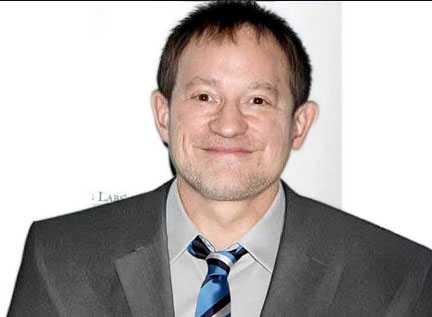In a sudden turn of events, South African President Cyril Ramaphosa has placed Police Minister Senzo Mchunu on immediate leave following serious allegations linking him to organized crime activities. In a direct address to the nation, Ramaphosa announced the formation of a judicial commission to thoroughly investigate the claims, which he asserted pose a threat to the constitution and national security.
Mchunu, who has firmly denied the accusations, expressed his willingness to cooperate with the inquiry. The allegations, which include accusations of interference in investigations related to political killings and corruption, necessitate urgent investigation, according to Ramaphosa, who appointed law professor Firoz Cachalia as interim police minister.
The allegations originally surfaced from Nhlanhla Mkhwanazi, the KwaZulu-Natal provincial police chief, who claimed that Mchunu had been accepting financial support from a businessman purportedly involved in corrupt practices, thus jeopardizing investigations into politically motivated violence. Detailed assertions from Mkhwanazi indicated that Mchunu played a role in the disbandment of a task force that was previously established to probe political murders in the region.
Mchunu, now facing scrutiny, maintains that the dissolution of the unit was justified as it failed to deliver results, despite ongoing unresolved cases. Mkhwanazi's testimony claims that crucial case files and evidence were suppressed at Mchunu's behest, leaving potential criminal activities unchecked.
As this controversy unfolds, it echoes louder in the political arena, particularly regarding the future leadership dynamics within the African National Congress (ANC) ahead of elections scheduled for 2027.
The populace watches closely as the judicial commission intends to investigate both current and former police officials, as well as members of the national executive, ensuring accountability and transparency within South Africa's law enforcement ranks.
Mchunu, who has firmly denied the accusations, expressed his willingness to cooperate with the inquiry. The allegations, which include accusations of interference in investigations related to political killings and corruption, necessitate urgent investigation, according to Ramaphosa, who appointed law professor Firoz Cachalia as interim police minister.
The allegations originally surfaced from Nhlanhla Mkhwanazi, the KwaZulu-Natal provincial police chief, who claimed that Mchunu had been accepting financial support from a businessman purportedly involved in corrupt practices, thus jeopardizing investigations into politically motivated violence. Detailed assertions from Mkhwanazi indicated that Mchunu played a role in the disbandment of a task force that was previously established to probe political murders in the region.
Mchunu, now facing scrutiny, maintains that the dissolution of the unit was justified as it failed to deliver results, despite ongoing unresolved cases. Mkhwanazi's testimony claims that crucial case files and evidence were suppressed at Mchunu's behest, leaving potential criminal activities unchecked.
As this controversy unfolds, it echoes louder in the political arena, particularly regarding the future leadership dynamics within the African National Congress (ANC) ahead of elections scheduled for 2027.
The populace watches closely as the judicial commission intends to investigate both current and former police officials, as well as members of the national executive, ensuring accountability and transparency within South Africa's law enforcement ranks.



















